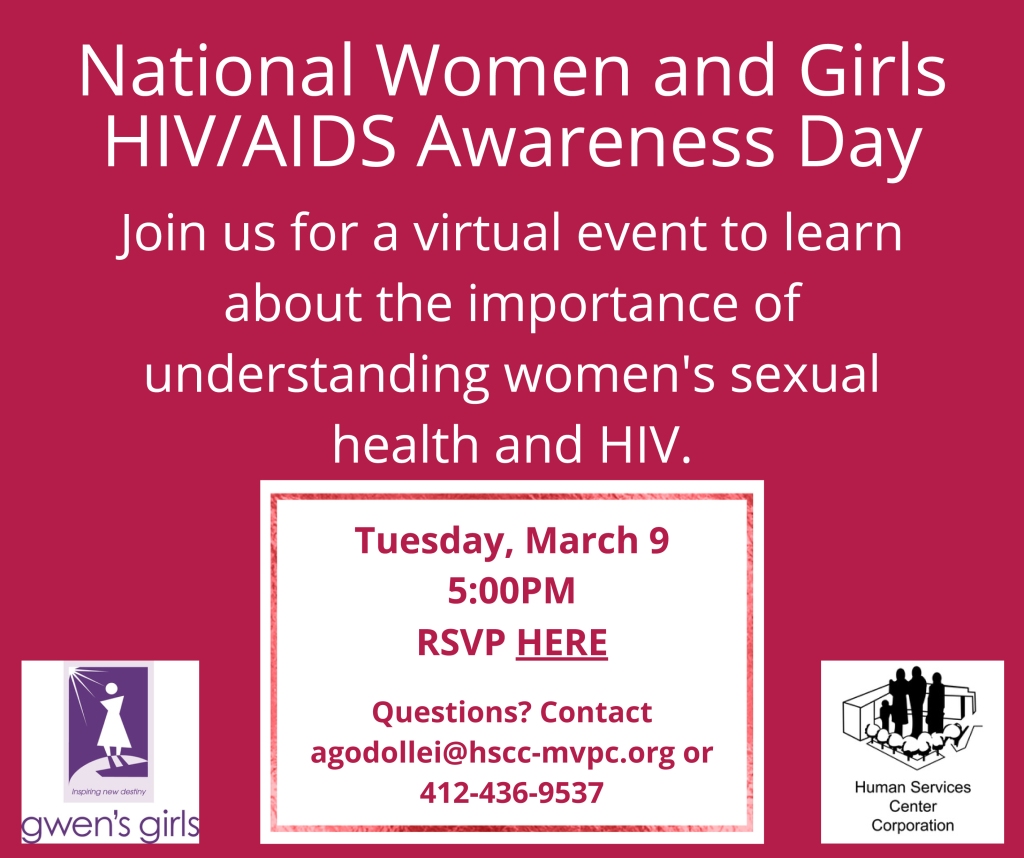The Centers for Disease Control and Prevention (CDC) reports that some racial/ethnic groups are at higher risk for getting HIV than others.
CDC data shows that Black/African American communities account for a higher proportion of new HIV infections as compared to other races and ethnicities. In 2018, Black/African Americans accounted for 13% of the US population but 42% of new HIV diagnoses.
Similarly, in the same 2018 report, the CDC notes adult and adolescent Hispanics/Latinos made up 27% of the 37,968 new HIV diagnoses in the United States.
Why? Because these communities are impacted by demographic factors such as discrimination, stigma, and institutionalized health disparities—all of which affect their risk for HIV.
So what can we do?
People who know they’re infected can get into treatment and become HIV undetectable—which means the level of virus in the body is so low that it can’t be passed on to a sex partner. And people who know they’re not infected can take steps to prevent future infection by practicing safer sex (like using condoms) and taking the HIV prevention medication known as PrEP.
The first step, then, to preventing HIV is to get tested.
The good news is that anyone who resides in Pennsylvania can now get a free HIV self-test kit delivered in the mail.
In early 2021, the Pennsylvania Expanded HIV Testing Initiative (at Penn State University) and the HIV Prevention and Care Project (at the University of Pittsburgh) began a joint program called getmyHIVtest.com.
“We created getmyHIVtest.com to make test kits available to anyone in the state who might be at risk for HIV,” explains Raymond Yeo, one of the project’s coordinators at the University of Pittsburgh. “Knowing your HIV status is key in the preventing HIV in our communities—especially those most at risk for new infections.”
The website, www.getmyHIVtest.com, provides easy-to-follow instructions and online form where PA residents can order their free kit, which typically arrives—in an unmarked package—within five to ten business days. Recipients of the kit are asked to provide basic demographic information and to take a follow up survey as a means to improve the program in the months ahead.
“This is a big development in the fight against HIV in Pennsylvania and we need all the input we can get,” added Yeo. “It’s unrealistic to think we can test everyone in the state so it’s important that we find ways to get our test kits into the hands of the people who need them the most.”
Questions and comments about the getmyHIVtest.com program can be sent to info@getmyHIVtest.com. To order your HIV self-test kit, go to www.getmyHIVtest.com.





